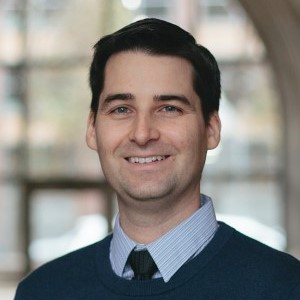

Praise God with Thankfulness
- November 26, 2019 | Luke 17:11–19
In our culture, an entire market is dedicated to expressing gratitude. Businesses like Hallmark and 1-800-FLOWERS have made it easier than ever to say thank you to special people in our lives. However, we can still forget to express appreciation to our family, coworkers, neighbors, and friends. This isn’t a problem only for us today, it has been an issue for generations.
In our reading today, we find ten people with a horrible skin disease (v. 11). Not only were they in tremendous physical pain, but they also suffered emotional and spiritual hardship. If you were diagnosed with this particular disease in those days, you were as good as dead. By law you were forced to leave your family, friends, job, and live with others who had a similar affliction. You were not allowed to worship in the temple. But one day, all of that changed: Jesus showed up, and they were made clean.
Imagine the ecstasy they felt as they started to look down at their hands, then their arms, and then their legs and feet. They realized they were not just healed but “cleansed” (v. 14). Then something even more incredible happened. One of the ten, identified here as a Samaritan (v. 16), paused and returned to Jesus to give thanks. He stopped, did an aboutface, and made a beeline for Jesus.
This time, instead of having to yell, “Unclean, unclean,” he could go directly through the crowd praising God with a loud voice. He fell at the feet of Jesus and gave thanks. Jesus responded, “Were not all ten cleansed? Where are the other nine?” (v. 17). All those healed that day were grateful, but only one turned around and turned his gratitude into thankfulness and praise.
Pray with Us
As vice president and associate provost, Dr. Bryan O’Neal implements the long-term vision of the Moody education and also focuses on many immediate practical details. Today, lift to God in prayer all the responsibilities of his leadership role.






